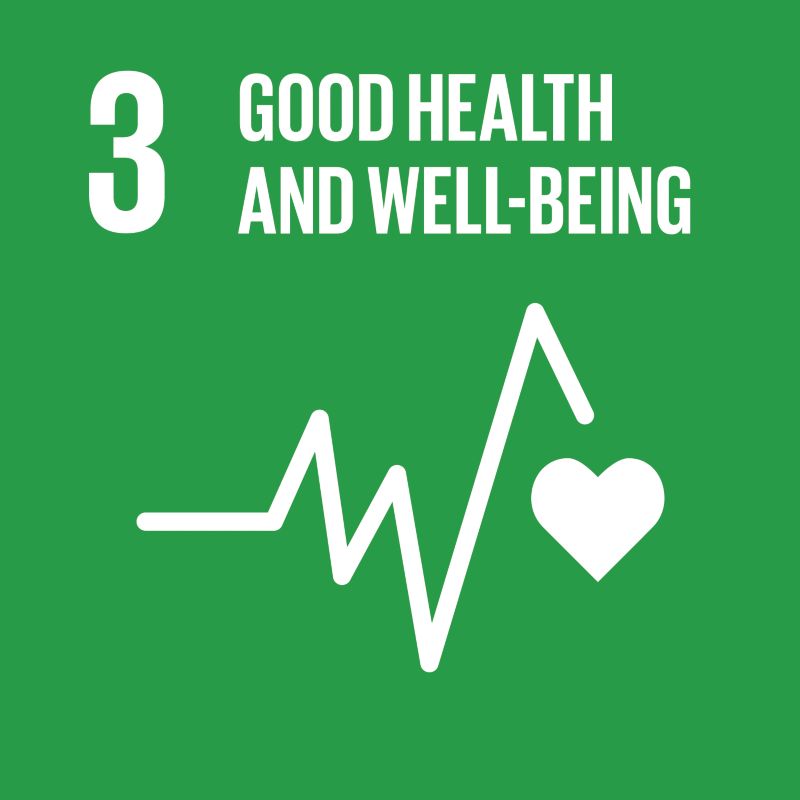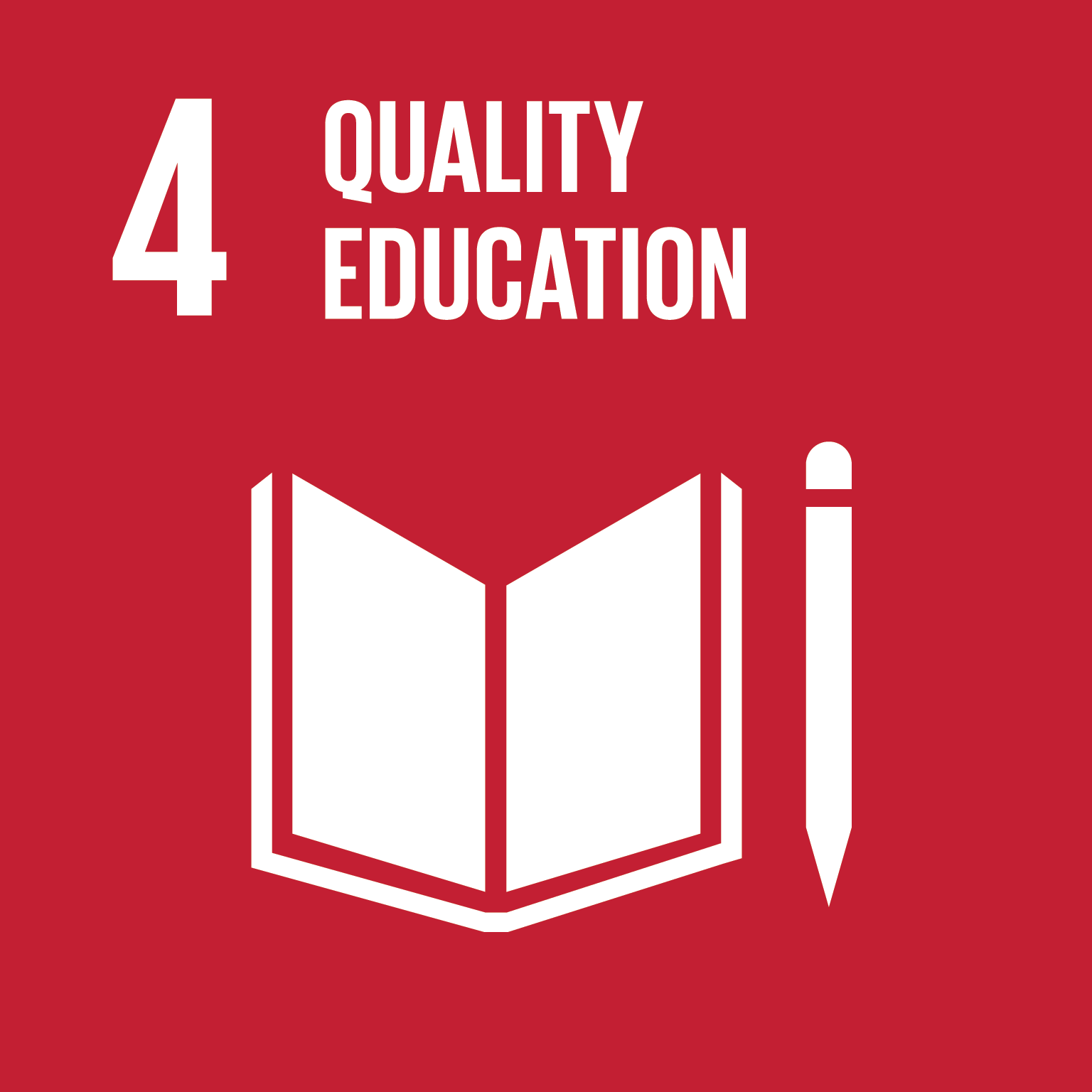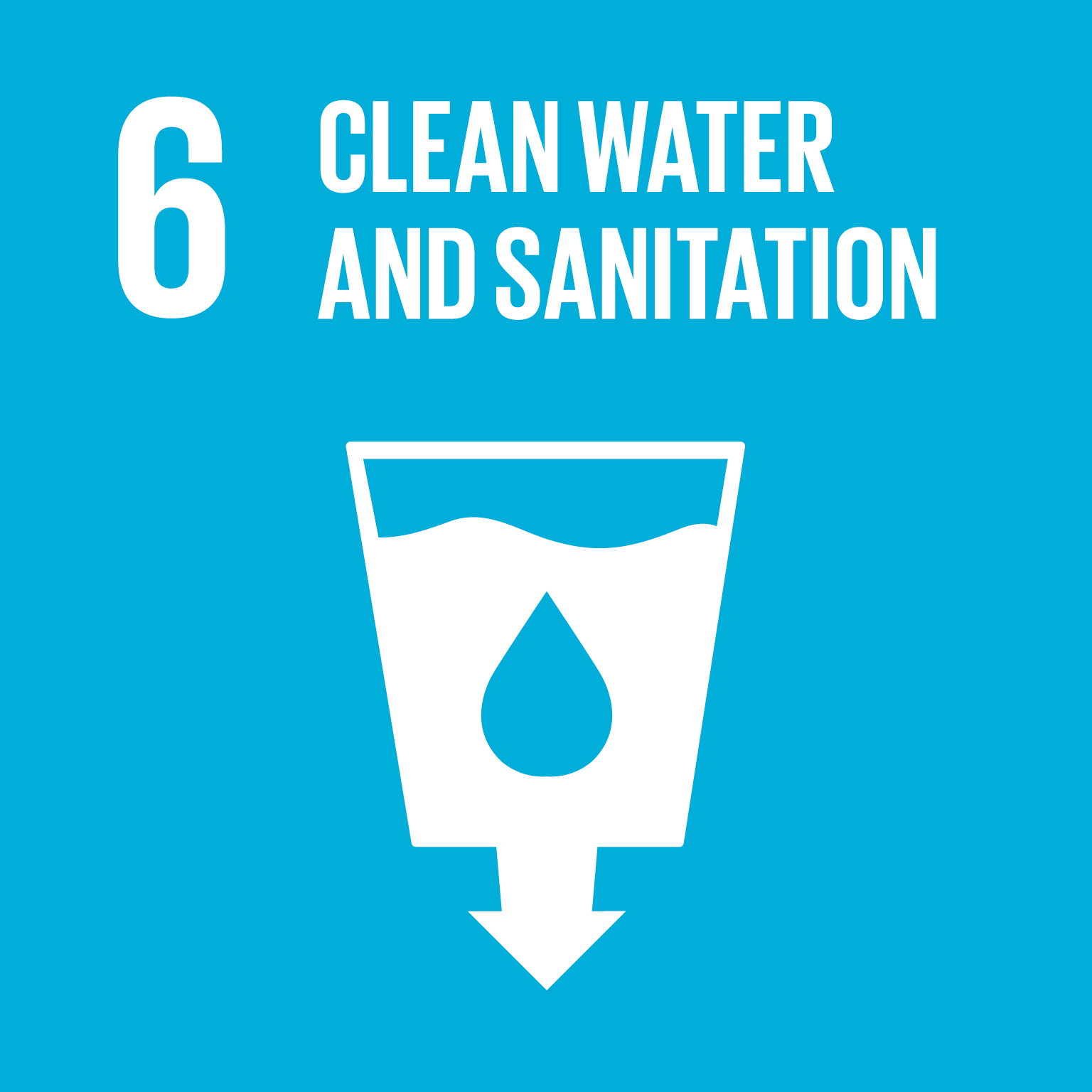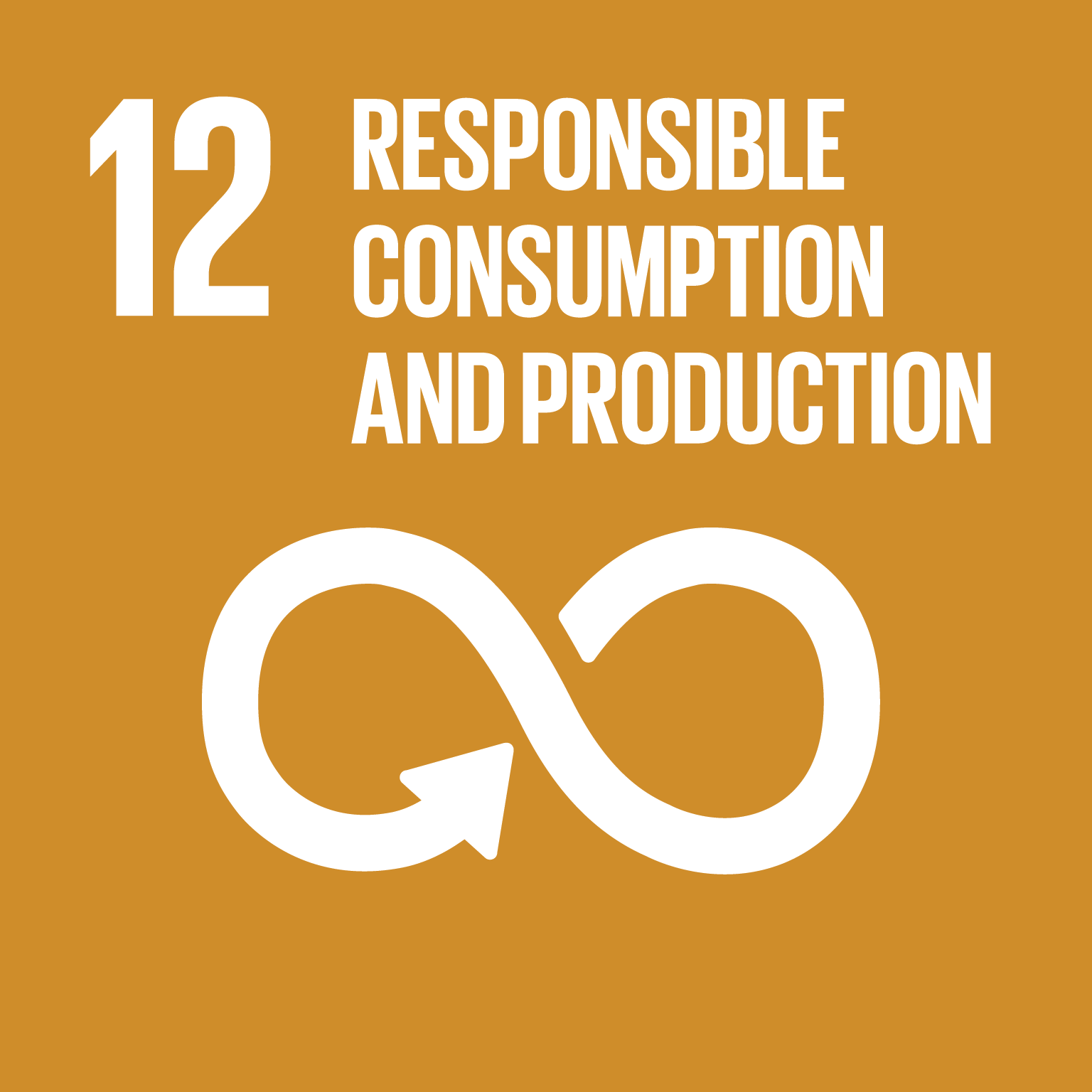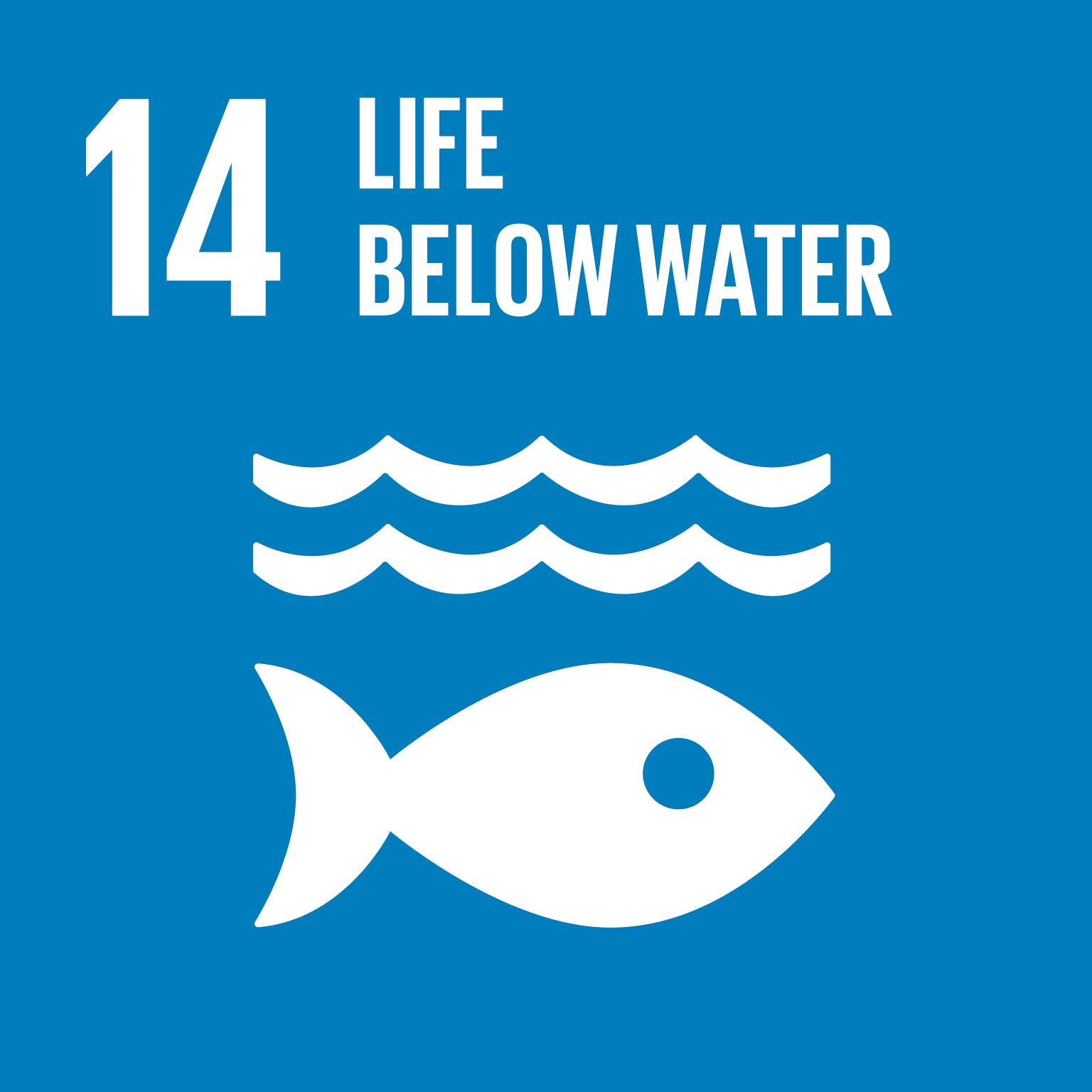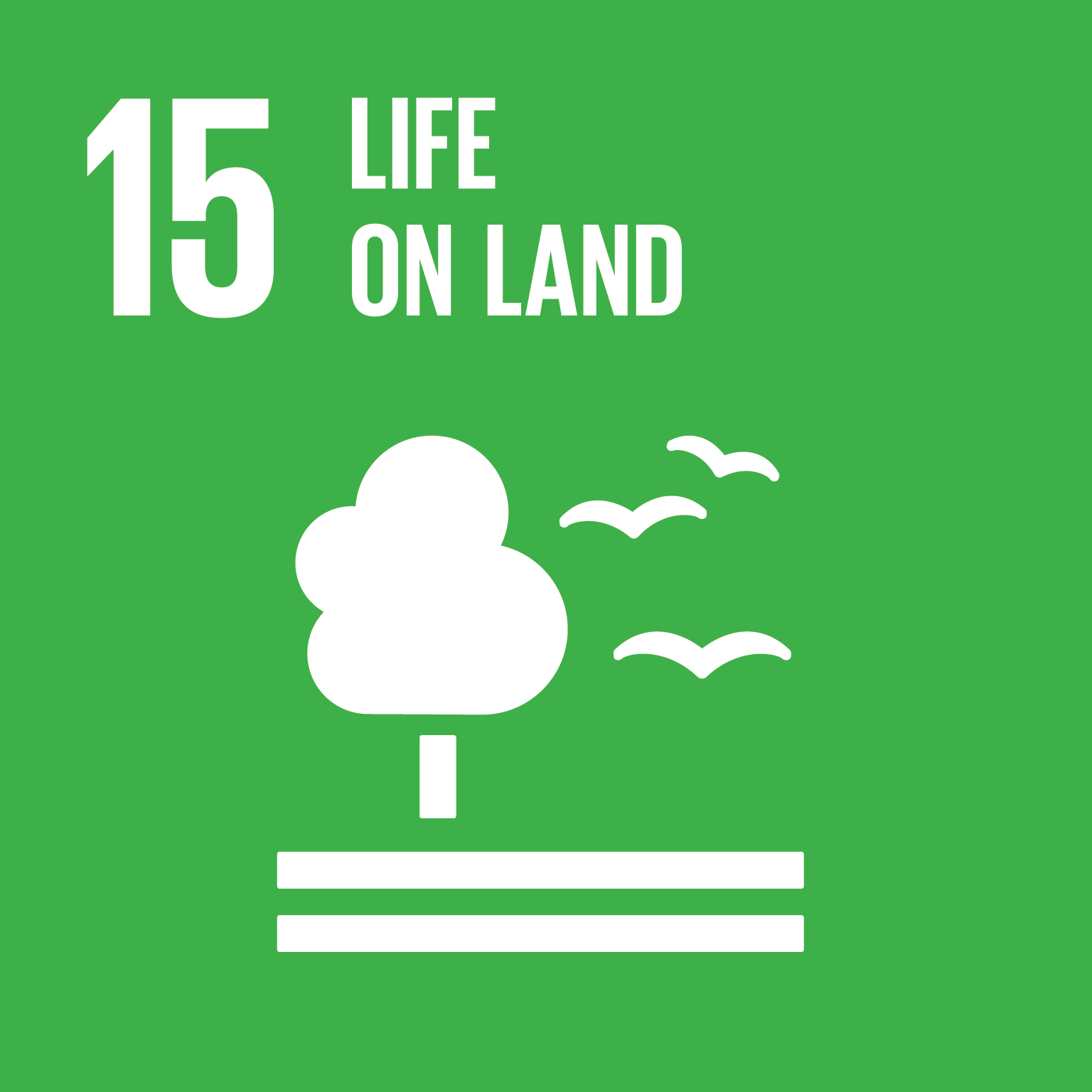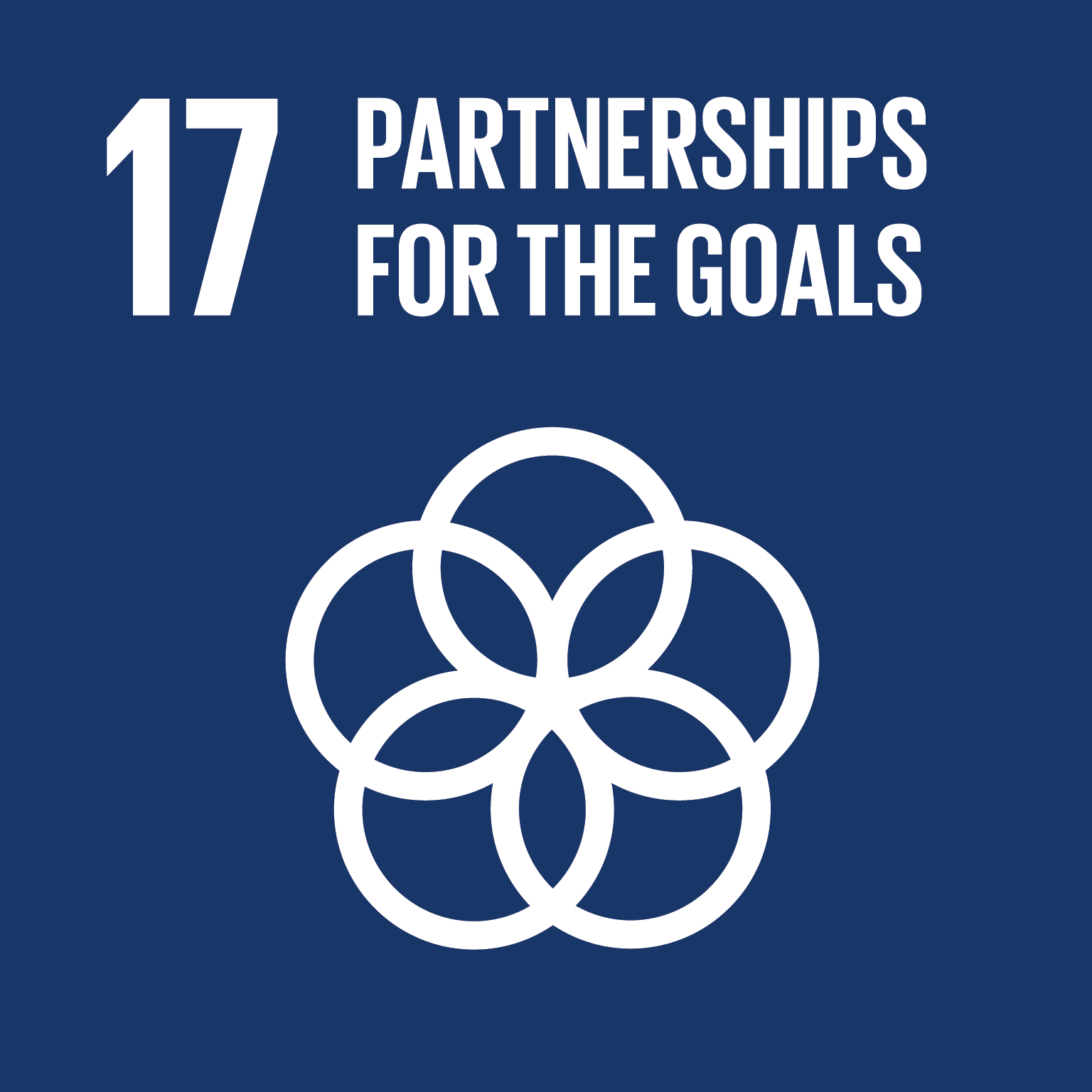Most litter that ends up in Port Phillip Bay comes from the catchments. Education is an integral tool for achieving long-term change in community behaviors and reducing litter in waterways and the Bay.
The Litter Trackers program will be the first study of its kind in Victoria to deploy GPS-tracked litter at 20 sites within Port Phillip Bay catchments to demonstrate the life of litter once it leaves a person's hand and reaches our waterways. This project will provide educational tools that can be used in schools, councils and by government.
Project timeline: 2018 - 2019
Key contributors:
- Kavitha Chinathamby
- Jacki Myers
- Vincent Pettigrove
This project addresses the following Sustainable Development Goals and Targets:
3.9 By 2030, substantially reduce the number of deaths and illnesses from hazardous chemicals and air, water and soil pollution and contamination
4.7 By 2030, ensure that all learners acquire the knowledge and skills needed to promote sustainable development, including, among others, through education for sustainable development and sustainable lifestyles, human rights, gender equality, promotion of a culture of peace and non-violence, global citizenship and appreciation of cultural diversity and of culture’s contribution to sustainable development
6.3 By 2030, improve water quality by reducing pollution, eliminating dumping and minimizing release of hazardous chemicals and materials, halving the proportion of untreated wastewater and substantially increasing recycling and safe reuse globally
6.6 By 2020, protect and restore water-related ecosystems, including mountains, forests, wetlands, rivers, aquifers and lakes
6.b Support and strengthen the participation of local communities in improving water and sanitation management
12.8 By 2030, ensure that people everywhere have the relevant information and awareness for sustainable development and lifestyles in harmony with nature
14.1 By 2025, prevent and significantly reduce marine pollution of all kinds, in particular from land-based activities, including marine debris and nutrient pollution
15.5 Take urgent and significant action to reduce the degradation of natural habitats, halt the loss of biodiversity and, by 2020, protect and prevent the extinction of threatened species
17.17 Encourage and promote effective public, private and civil society partnerships, building on the experience and resourcing strategies of partnerships

Get in touch
For more information or to discuss partnership and collaboration opportunities, email us at SDGs@rmit.edu.au.
For more information about RMIT’s sustainability commitments and activities visit www.rmit.edu.au/sustainability
